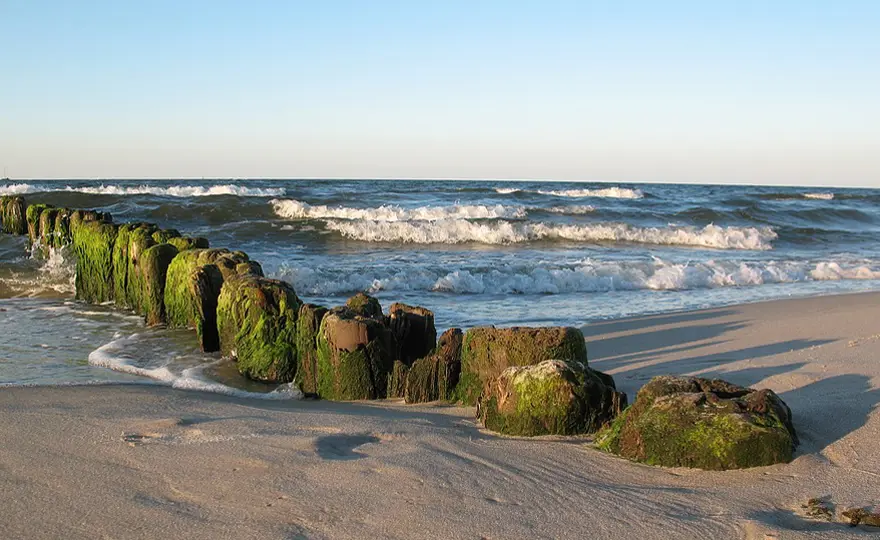ClientEarth Communications
12th September 2018


ClientEarth has filed a complaint to Sweden’s Supreme Administrative Court to halt the construction of a 510 kilometre-long section of the Nord Stream 2 gas pipeline in Swedish waters.
The environmental lawyers argue that the construction documents are incomplete and inaccurate, as they fail to consider the impact the pipeline will have on marine wildlife in the Baltic Sea.
The construction of the highly contentious pipeline was approved by the Swedish Ministry of Enterprise and Innovation on 7 June 2018. Owned by Russian gas giant Gazprom, the pipeline will run through the Swedish exclusive economic zone – an area of coastal water to which Sweden has exclusive rights for fishing, drilling and other economic activities.
Marcin Stoczkiewicz, Head of ClientEarth’s Central & Eastern Europe operations, said: “The investor has disregarded the precautionary principle, which requires that the environment take priority when doubts and potential impacts are being taken into account.
Constructing the pipeline will entail detonating ammunition from the Second World War, currently sitting on the seafloor. Underwater detonations can cause serious harm to protected marine mammals.
The harbour porpoise, for instance, is subject to strict protection as there are only 450 left in the Baltic Sea. According to the experts of the Institute of Oceanography of Gdansk, any negative impacts on even one individual may affect its entire population.
ClientEarth has stressed that the Nord Stream 2 threatens the European Union’s energy security, making the EU more dependent on fossil fuels.
Stoczkiewicz added: “The construction of the gas pipeline will also have adverse effects on the development of clean, renewable energy in Central Eastern Europe.”
In May, ClientEarth submitted a similar complaint in Finland to stop the construction of the pipeline running through Finnish territorial waters.
In total, the pipeline along the Baltic seabed will be approximately 1,200km long, jeopardising the flora and fauna of the entire maritime area.